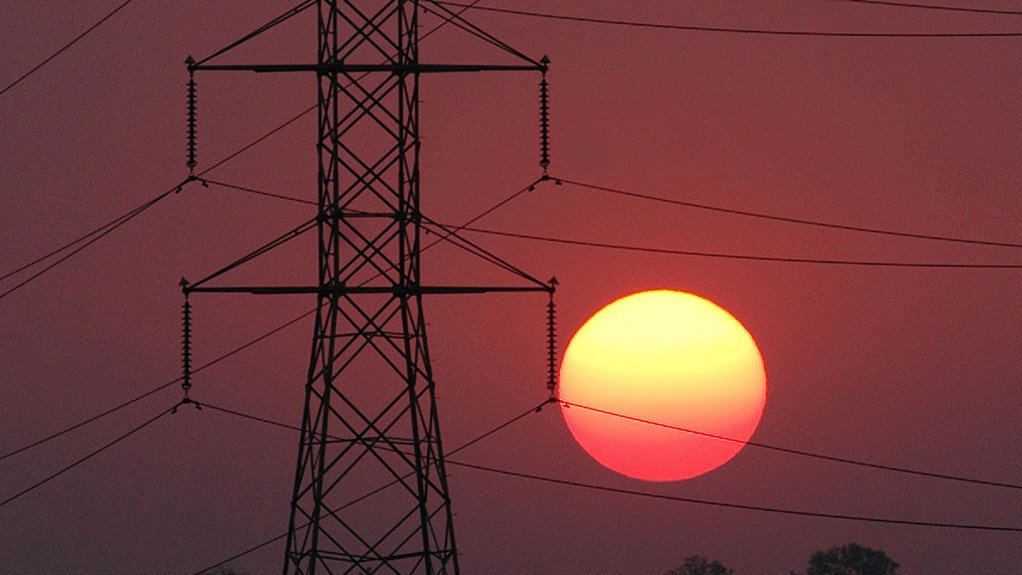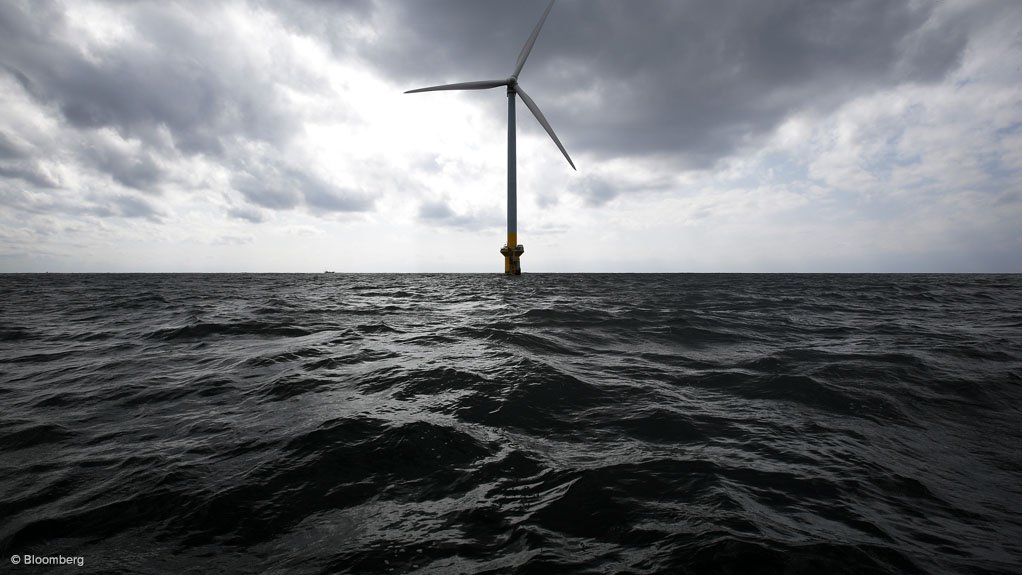Following State-owned power utility Eskom’s decision last year not to sign a number of contracts with independent power producers (IPPs) and the delay in doing so since, industry leaders are warning that a loss in investments in the renewables sector could lead to a severe plateau in infrastructure development.
Financial consultancy firm JCRA director Lionel Kruger says the Renewable Energy Independent Power Producer Procurement Programme attracted R196-billion of investment from 2011 to 2016 and aimed to attract another R550-billion by 2020.
In a report, titled ‘The Eskom Standoff and South African Renewables’, Kruger and JCRA board director Ian McFarlane say infrastructure investment yields significant benefits, for example, every £1 spent on infrastructure in the UK boosts the gross domestic product by £1.30. It is also estimated that the postponement of infrastructure investment leads to addi- tional negative knock-on effects that dis- courage further investment.
“If the same multiplier observed in the UK were to be applied in South Africa, these investments would return R715-billion in South Africa,” says Kruger.
Kruger mentions that Eskom argues that solar photovoltaic (PV) and wind- generated power are too expensive with the first generation of renewable IPPs in South Africa being relatively costly. However, the price of renewables a kilowatt hour has drastically reduced. In the first IPP bid window, up to November 2011, solar energy tariffs were relatively expensive at R3.65/kWh and wind power cost R1.51/kWh. In the latest IPP bid round, the cost a kilowatt hour of both wind and solar dropped to R0.62. This is significantly cheaper than Eskom’s average cost of supply of R0.82/kWh.
Eskom is responsible for generating about 95% of South Africa’s electricity and the firm mainly relies on coal for its power generation. More than three-quarters (77%) of the nation’s energy needs are derived from coal.
Holding Back Progress
Most of these IPP projects are utility scale and, as such, require large sums of money in terms of equity and debt finance. “With Eskom’s refusal to sign any IPPs into the South African power grid, investors are not being provided with assurance of stability in the sector,” says Kruger.
He adds that it is a competitive environment and the investor community needs to feel confident that the various stakeholders are committed to the programme. “They also want assurance that the estimated timelines for reaching financial close are realistic and achievable, and that indefinite delays are not the norm.”
As competition and technology advance, the cost of renewables decreases. However, the pressure to be ever cheaper can reduce margins, which leaves investors less eager and funders potentially more risk averse.
Kruger says earlier renewable-energy investments, construction and operations provided “a great level of comfort” for the market and, as a result, several international technology providers established offices in South Africa and employed teams of people to meet demands. “These teams, their infrastructure and associated costs have now been on hold for almost two years. The players are losing confidence rapidly and may even lose appetite entirely if the current situa- tion is not rectified.”
The standoff appears to have been resolved after President Jacob Zuma directed Eskom to sign outstanding power purchase agreements in his State of the Nation address in February. Former Minister of Energy Tina Joemat-Pettersson also said the standoff had been resolved.
Kruger warns that the possible reason for the standoff is of great concern. Eskom is the only legal buyer of power, but the City of Cape Town is challenging the status quo in the courts as the city wants to buy directly from IPPs.
“Through controlling the mechanism by which new suppliers can enter the market, Eskom is essentially in control of the market in which it operates. This is problematic, as [Eskom] effectively holds the cards for South Africa’s future energy mix and, if its targets are ever at odds with policy planners, then further standoffs seem highly likely.”
Kruger concludes by citing the immanent nuclear new build programme request for proposals as an example of Eskom being “both player and referee”.
Edited by: Zandile Mavuso
Creamer Media Senior Deputy Editor: Features
EMAIL THIS ARTICLE SAVE THIS ARTICLE
ARTICLE ENQUIRY
To subscribe email subscriptions@creamermedia.co.za or click here
To advertise email advertising@creamermedia.co.za or click here















